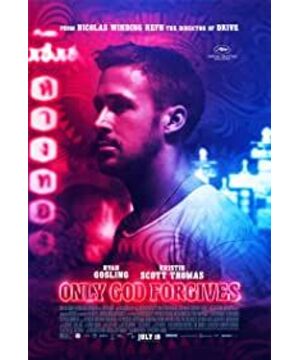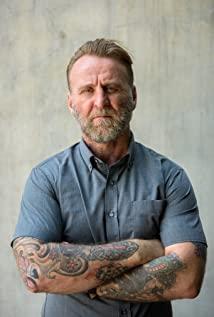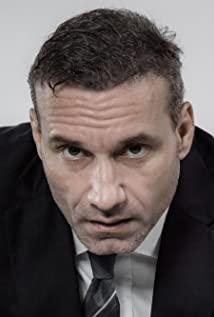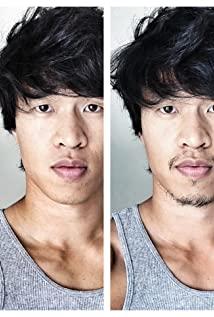Chang doesn't personify earthly restrains as to be an embodiment of God. HE IS GOD, for he's neither benevolent nor malevolent. He simple is, indifferent to the punishment and the suffering that causes. If he represents at all, he is NATURE that governs without judgments. I remember Refn talks about Karaoke being an almost sacred activity in those part of Asia, well, that's what Chang does, a sacred ritual or whatever that God does. He also seems to appear almost everywhere at once, just pops out unexpectedly. That is also why those scenes feel so weird to us, after all, you cannot use values that we created to evaluate God.
The other motif is fairly obvious in that the hand appears quite often in the film. Hand is the tool for man to want, to create and, when clench into a fist, an ultimate symbol of aggression. I suspect this is more or less in line with some pagan philosophy or even Hindu in that, the creator and the destroyer is one and the same. This is also consistent with Chang. So Julian dreams of Chang and the cutting of his outstretching hand is meant to be seen as a disengagement of desire, for Julian wants his mother in an oedipal manner but in reality only grants him the sense of rage and hostility. Well, that's because his mother isn't exactly a nurturing type. If you want a hint, just take a look at Julian's brother, Billy. It brings us back to the maternal relationship. For this particular one, it is rather sadomasochistic.It is masochistic for Julian because the sense of belonging he felt towards her womb is so strong and subconscious that he is willing to accept the abuse and manipulation his mother levels on him. In the case of Billy, such relationship brings devastating consequence. He and Julian are a foil of each other to illustrate the affect of this special maternal link. To some extent, She, also a creator and a destroyer, generated the violence and aggression that saturates this film.also a creator and a destroyer, generated the violence and aggression that saturates this film.also a creator and a destroyer, generated the violence and aggression that saturates this film.
Now, the symbolic gesture should be self-evident in the sense that Julian accept the loss of his male aggression in order to sever the tie with her, and Chang cuts off his hand while demolishes the evil that is Crystal. In the end, God takes away and forgives, although it's more or less the self-realization Julian himself had. There seems to be an implication that this maternal psychosis is social-psycholoical, but that are barely any textual support here.
Lastly, the dreamlike quality of the film is very intriguing to say the least. The bottom-of-the-ocean pacing alone should warrant us some suspicion that this may actually be a dream or a subconscious state of Julian(?). If so , the whole thing makes a lot of sense, and maybe a lot of people would not take it so literally as a straightforward western story happens in a foreign environment.
View more about Only God Forgives reviews











